External evaluation of judges – Two years of activity by the Evaluation Commission
The Judicial Vetting Commission, mandated to conduct external integrity assessment of specific categories of judges, marks two years since the commencement of its mandate. In June 2023, the Parliament appointed the six members of the Commission—experts with national and international experience—to contribute to restoring trust in the justice system through a rigorous integrity vetting process.
In a recent interview with Deutsche Welle, Commission Chair Scott Bales reflected on the progress achieved: "When I arrived in Moldova, I encountered a deep public concern regarding the state of the judiciary. Now, after two years of sustained work, I am impressed by the country’s genuine commitment to reforming the justice sector. I believe the system is beginning to regain public confidence—thanks, in part, to the judges who recognize the vital importance of institutional credibility."
Over the past two years,180 subjects were referred for evaluation by the competent institutions and were reviewed by the Commission. Some chose to resign from office before the procedure began, others passed the integrity assessment, while in certain cases the Commission found non-compliance with the integrity criteria set out in the three laws governing the external evaluation process. To date, 89 evaluations have been completed, and 29 subjects remain under review.
On average, each evaluation takes four months to complete, though timelines may range from two to six months depending on case complexity. The process typically includes three rounds of written questions per subject, with each round comprising approximately 50–60 inquiries. The responses are supplemented with information obtained from over 50 public and private entities—including government authorities, commercial banks, insurance companies, utility providers, and other institutions.
An important aspect of the Commission’s methodology is the use of public hearings. 97% of the subjects accepted the Commission’s invitation to participate in these hearings, demonstrating a willingness to cooperate in clarifying integrity-related concerns. In some cases, the hearings lasted up to two hours.
The cases reviewed revealed various types of integrity concerns, with financial issues being the most prevalent. In one case, the Commission estimated the value of inexplicable wealth at approximately 4 million lei.
To date, the Commission has been involved in 17 appeal cases before the Supreme Court of Justice. In 14 of these cases, the Court rejected the appeals submitted by the evaluated individuals, thereby upholding the Commission’s decisions. Three cases remain pending. Additionally, four members of the Commission have been summoned in an administrative litigation case brought against Parliament by an individual who underwent evaluation.
Additional data and up-to-date statistical information about the Commission’s activities are available HERE.





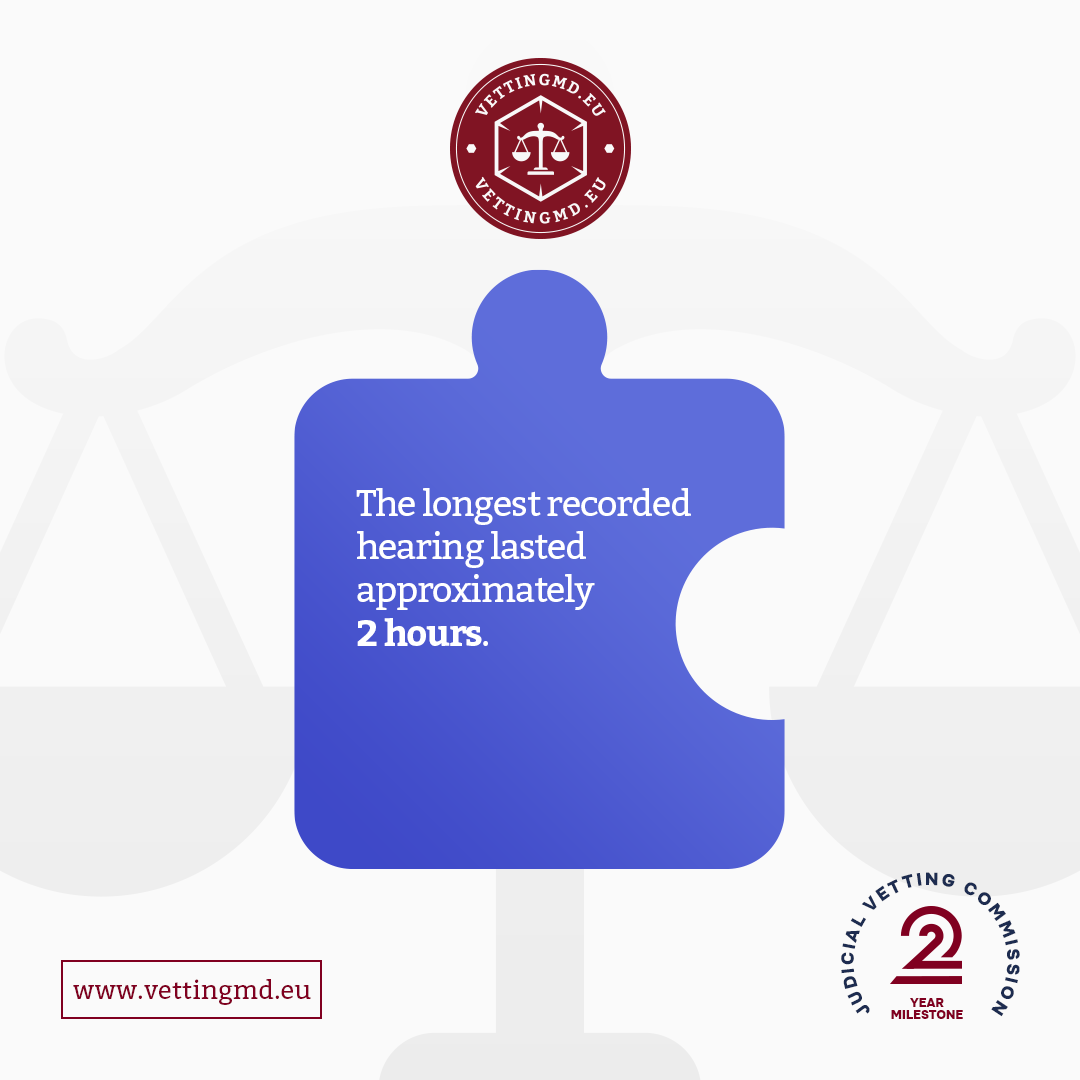

.svg)







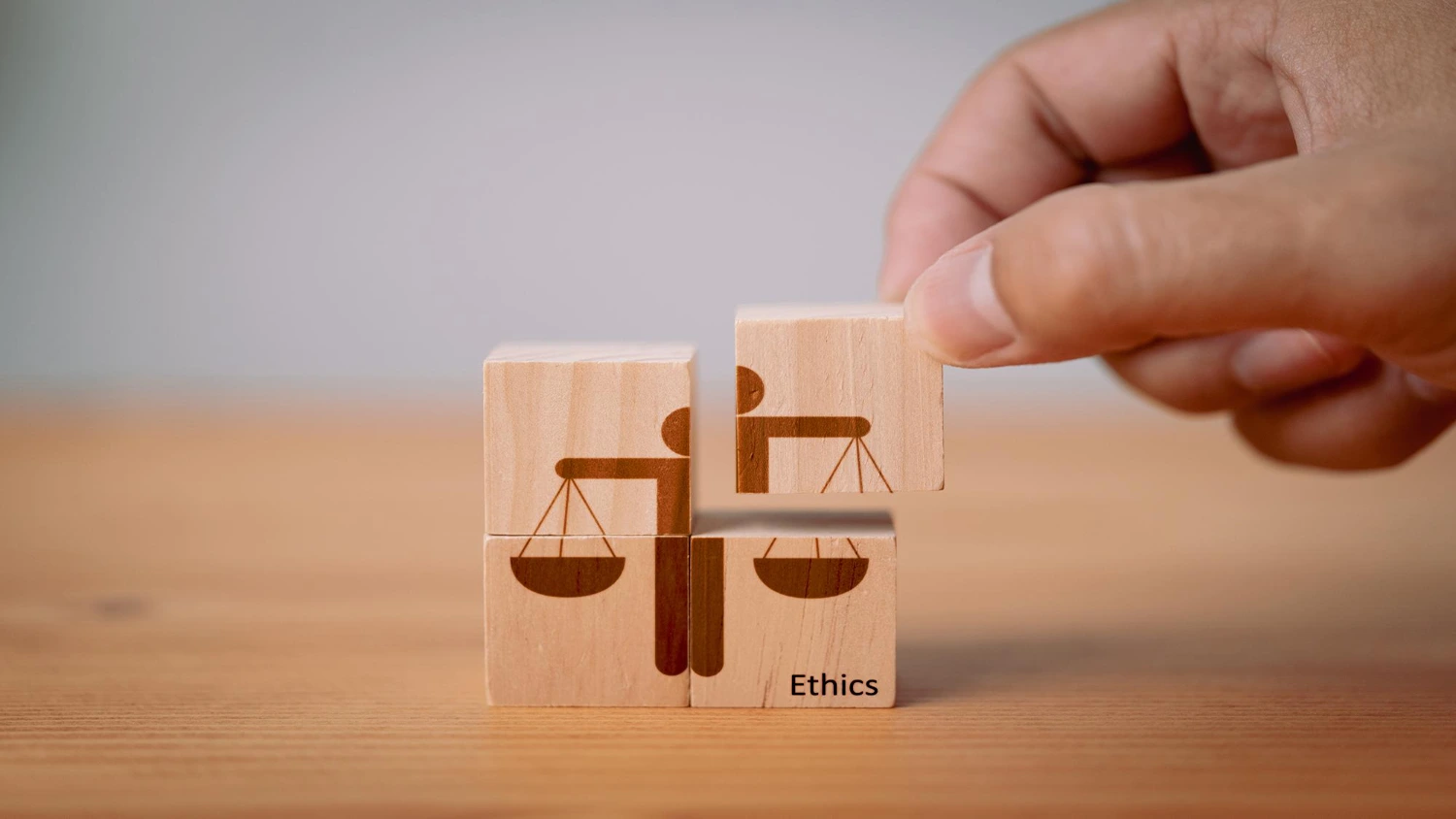

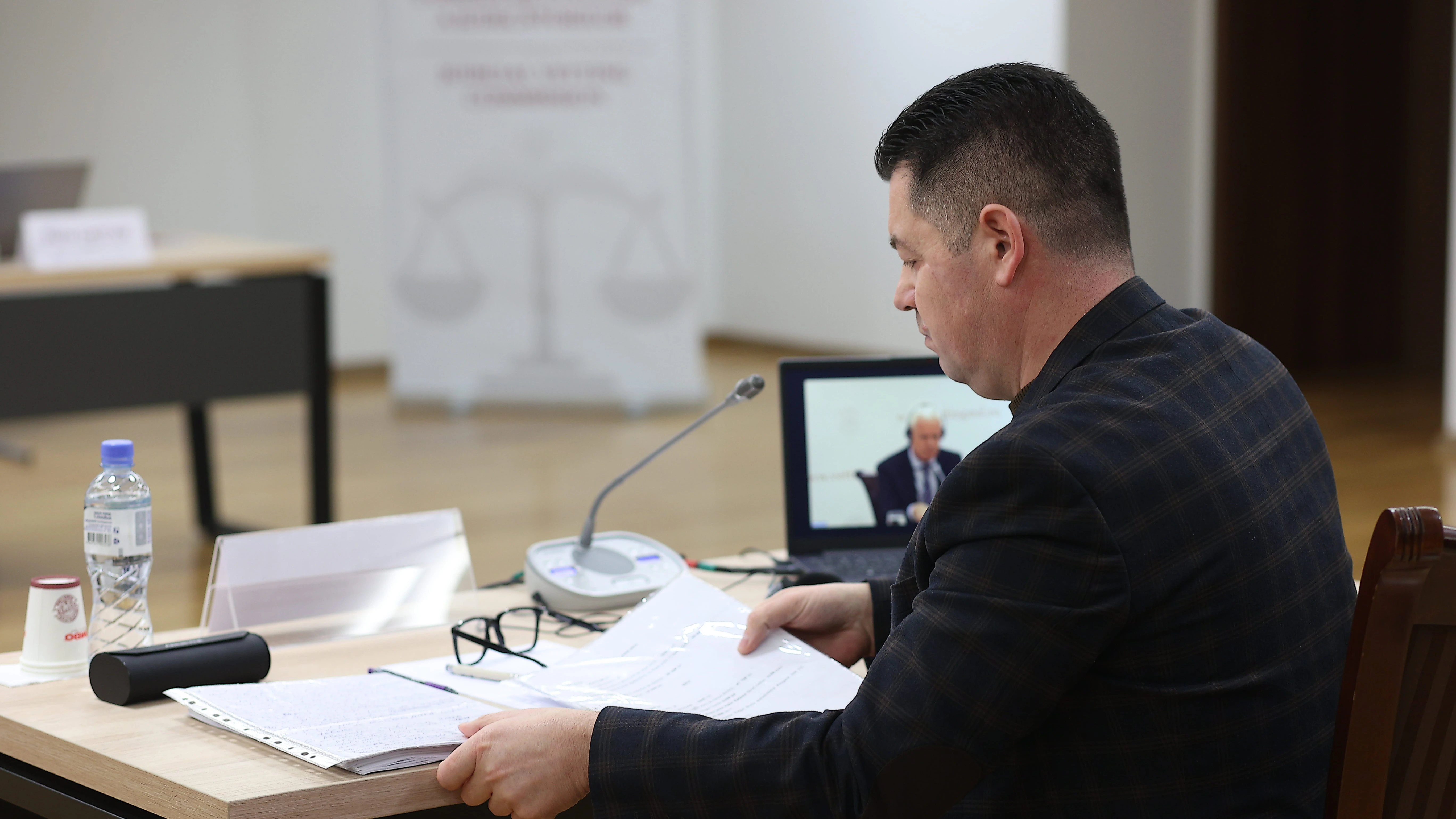



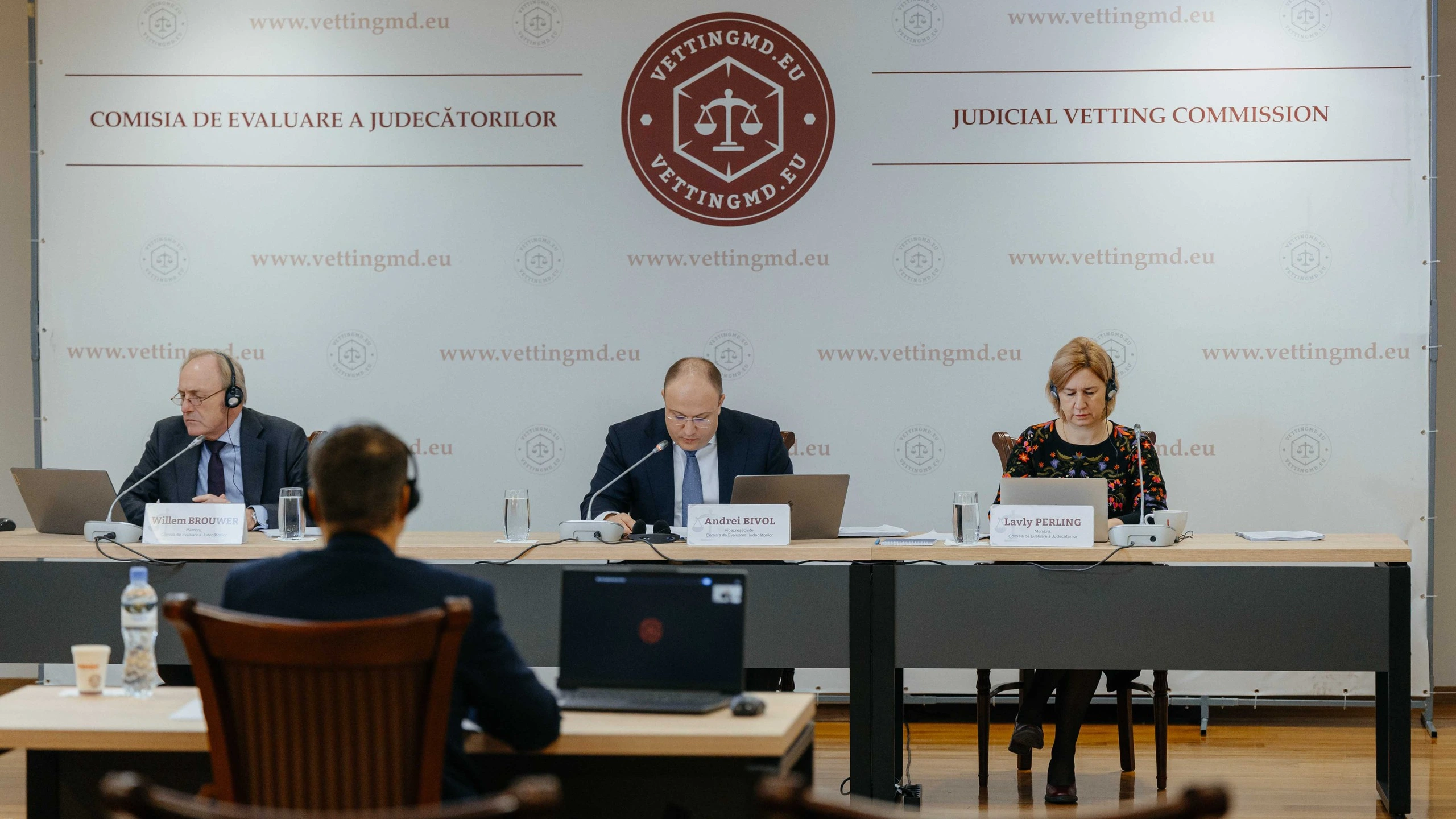







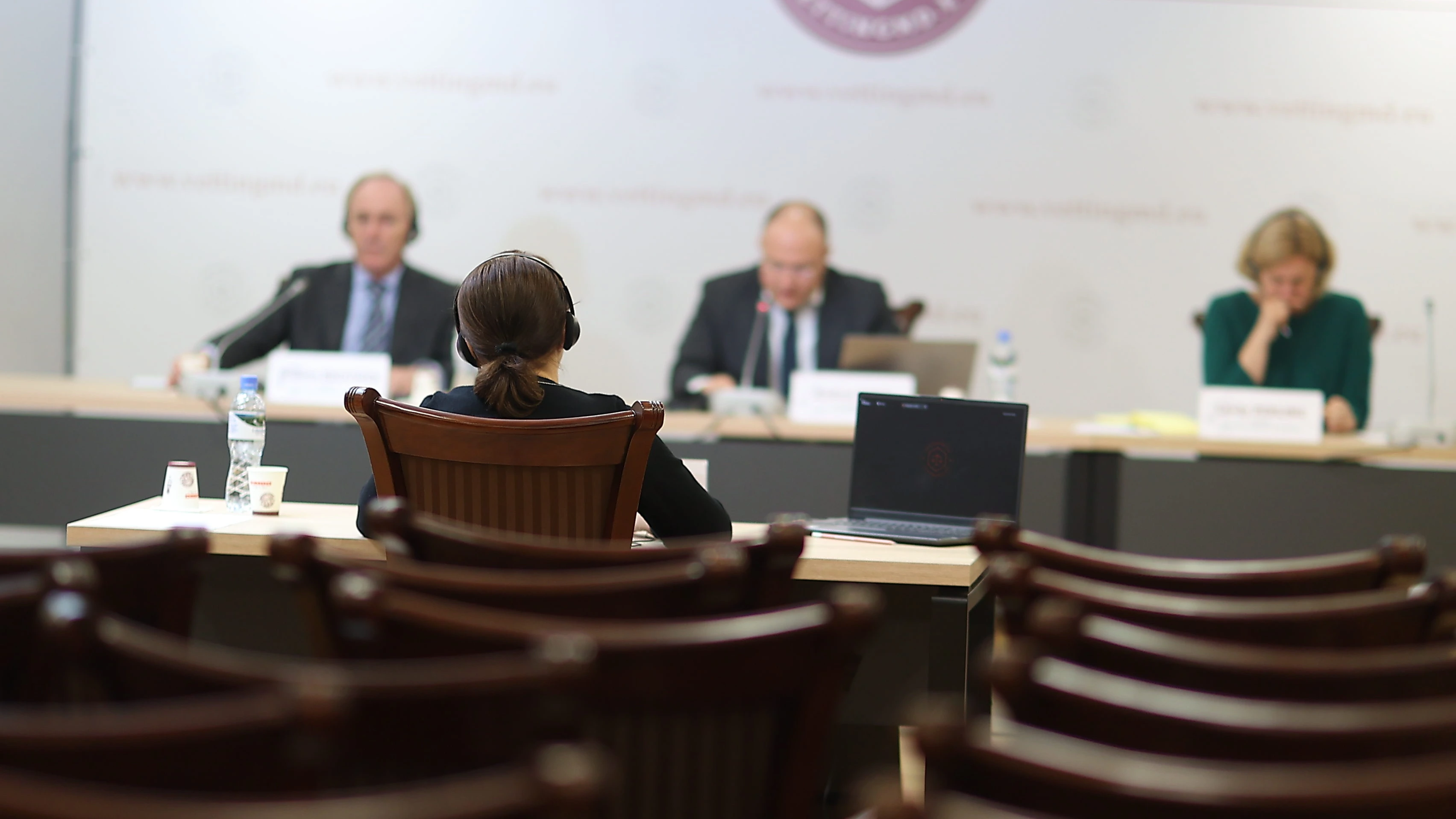
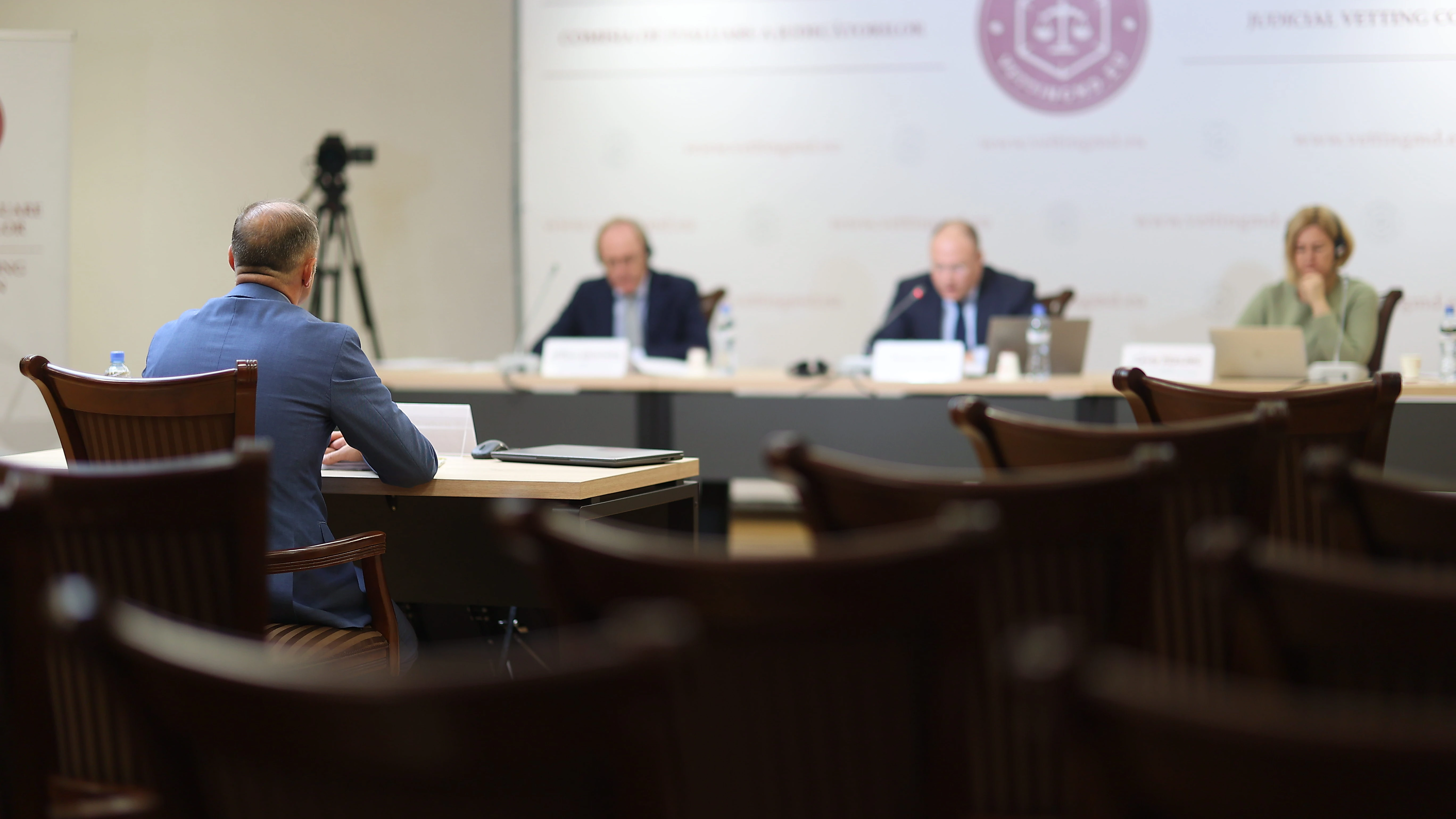

.webp)










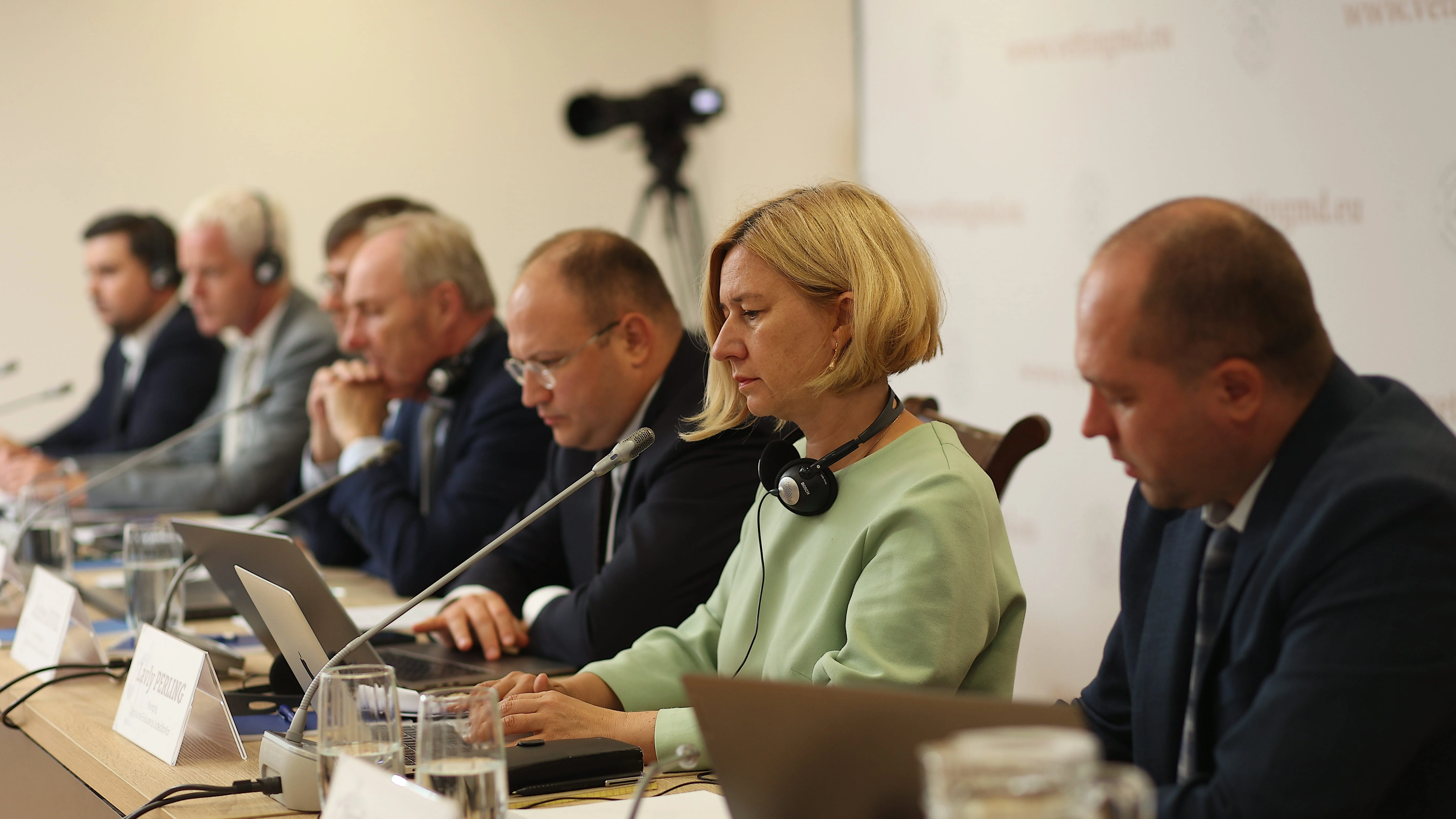
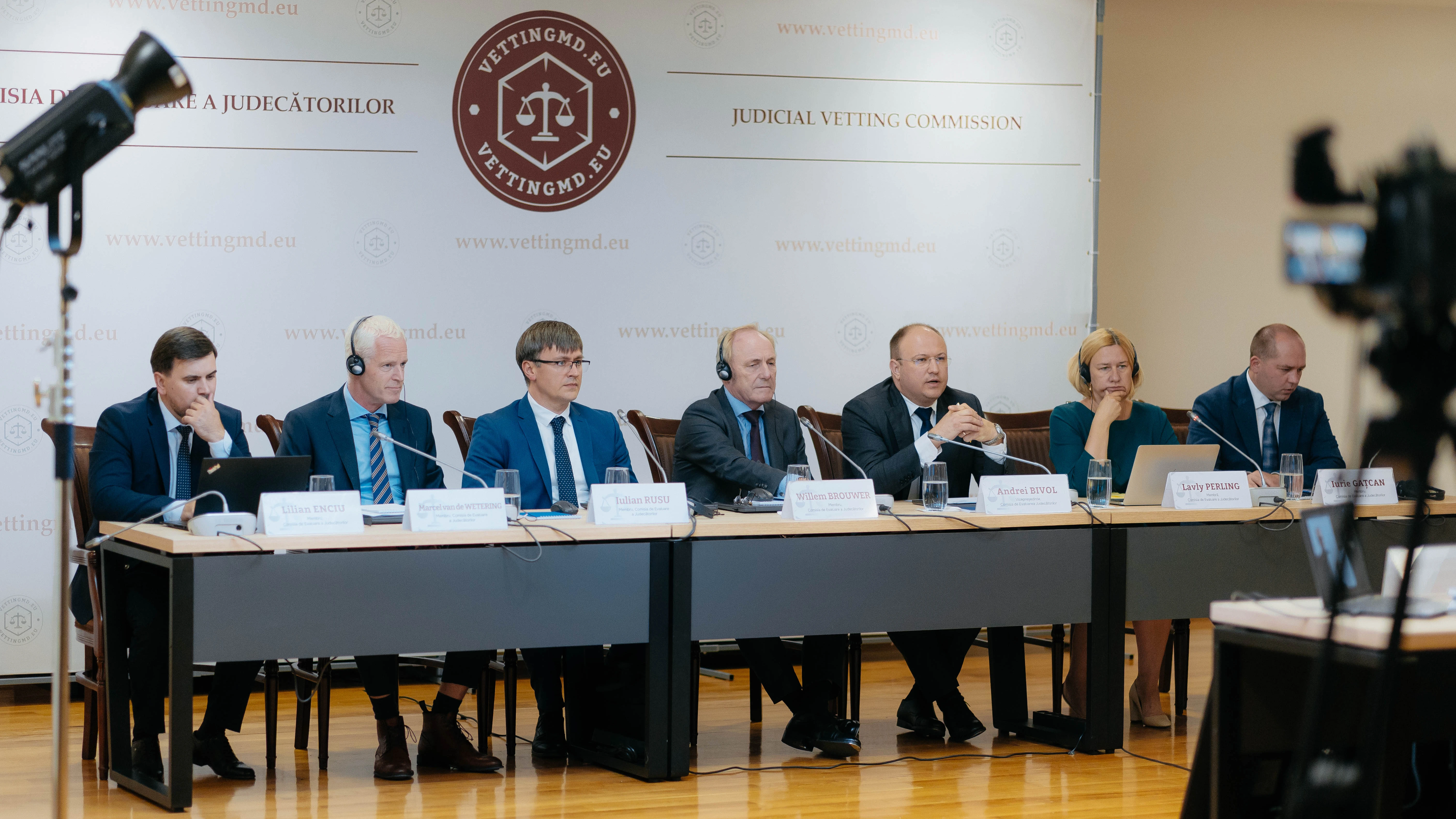















.webp)















.webp)






















.webp)

